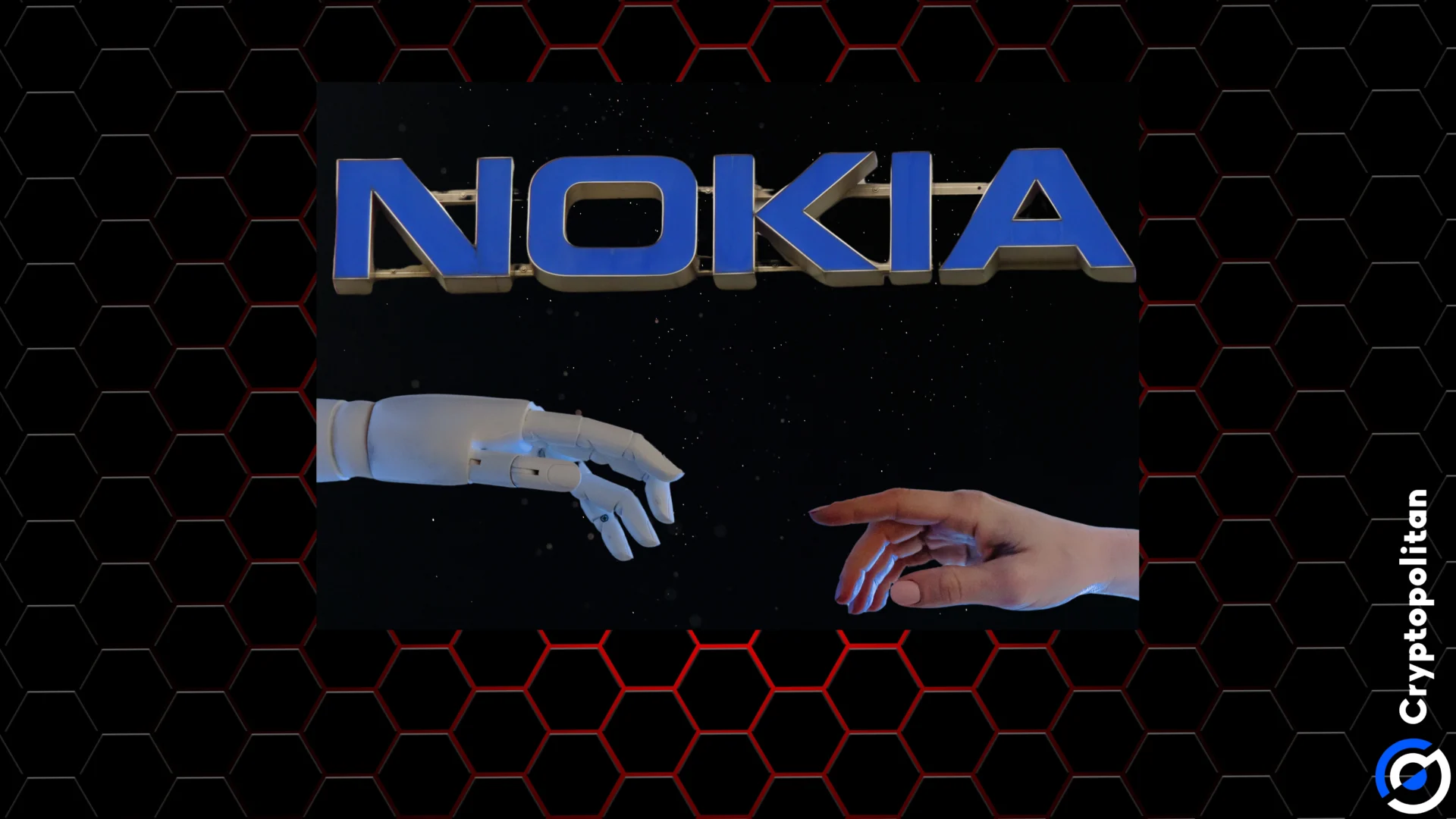Nokia has introduced its Event-Driven Automation (EDA) platform designed to automate data center operations and significantly minimize network outages. The platform, built on Kubernetes is intended to eliminate human error in network maintenance and cut the operational effort by up to 40%. Nokia’s EDA is designed to reduce the life cycle of data centers, delivering a highly reliable modern solution to the management of critical infrastructure.
The platform introduces modern functionalities such as the digital twin technology, GenAI assistance, full integration with IT service management systems, event notification platforms and several various cloud management tools. This innovation is part of Nokia’s overall strategy to address the increasing data center requirements driven by the increasing emergence of AI apps and digitalization across industries.
Nokia reduces human error in networks with advanced automation
One of the primary characteristics of Nokia’s EDA platform is its attempt to eliminate human errors, which remain one of the causes of network outages. With the use of digital twin technology, operators can test out different network designs before physical deployment. This pre-deployment simulation assists in identifying most problems that would otherwise arise after such changes are effected. The outcome is a more robust network with reduced interruptions in service delivery and greater dependability.
Another role played by EDA’s intent-based automation method is simplifying network management. The focus of this method is to allow operators to execute different kinds of tasks using a set of declarative commands and avoid doing many of them manually. Also, the low-code/no-code interface of the platform enhances the operators’ experience by making it easy for them to create and modify dashboards or automate workflows without any deep knowledge of the programming languages. This kind of simplicity in the system makes it applicable to varying categories of data center environments, which can range from small enterprises to big service providers.
EDA allows for multi-vendor and multi-domain situations which means that an organization can embed the platform in its existing infrastructure without changing it entirely. Nokia’s Solution is adaptive and scalable due to its compatibility with many cloud management systems and notification systems which helps enterprises to modernize data center operations.
Data centers evolve with Nokia’s AI-driven automation
Since more and more critical tasks are shifting to the cloud, patterns of network disconnection may have significant economic and social impacts. Nokia’s EDA platform addresses these challenges by providing fast reliable network-wide transactions that enhance the operations. The platform architecture is deployed upon Kubernetes and therefore features an event-based, declarative approach to network automation, similar to modern cloud-based applications.
Furthermore, the EDA app store contains a customizable solution that enables the operators to adjust their automation settings depending on various requirements. This model is available in both on-premise and cloud-based subscription systems.





